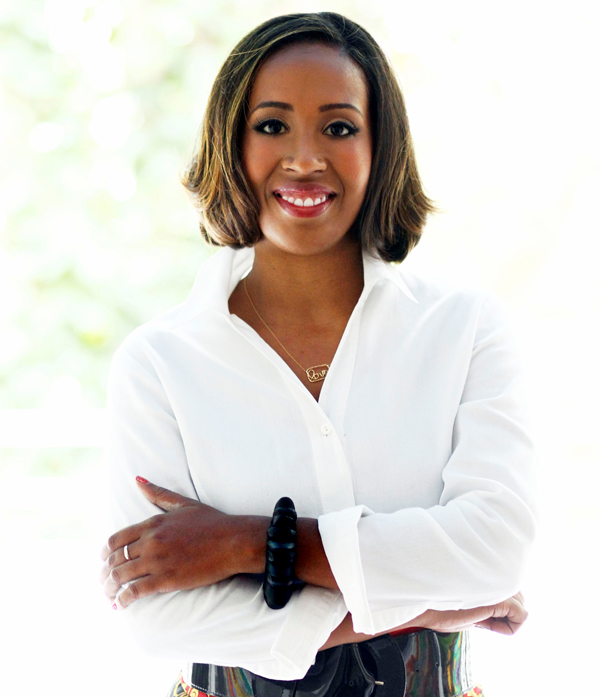Naima J. Keith is the deputy director of Los Angeles’ California African American Museum (CAAM), arriving in 2016 from the Studio Museum in Harlem, New York.
Being an LA native, what was your awareness of CAAM, their programs, and their history before leaving Los Angeles?
I was very lucky in that my mom is an active arts patron. She’s a doctor by day, but by night and weekends, she is an active collector. She has been involved with CAAM both as a member and as a foundation board member for a number of years in the ’90s. When I was a kid, she would drag us to the museum quite often to see exhibitions, so I definitely was very familiar with the museum, its mission and the artists they supported.
Since accepting the role of deputy director, which project to date would you say you’re most proud of?
Of course, I’m invested in every single project, but I would say that I’m extremely proud of the fact that we hosted “We Wanted a Revolution: Black Radical Women, 1965–85,” coming from the Brooklyn Museum, just because I felt that it was an important exhibition. I’ve known the curators, Rujeko Hockley and Catherine Morris, for quite some time and they had told me about their plan to do this exhibition a couple years ago. I asked them to keep in touch with me about touring because I would love to bring it to LA. It was an ambitious show for us: there were a lot of loans, a number of pieces that had not been shown in Los Angeles, there were security needs. Not to say that CAAM hadn’t done ambitious projects before, but this exhibition had a lot of ephemera, a lot of objects, and for us to be a part of a national conversation—particularly about what women were doing during this time period—[hosting a] show that had gotten a lot of rave reviews in New York, and for us to be the only West Coast venue, was a huge deal.
Comparing New York City and Los Angeles, what contrasts in levels of material support for PoC-centered art do you see?
I’m a native diehard Angeleno, so of course I’m always going to root for Los Angeles no matter what the contest. But it’s no secret that there are several more institutions that are dedicated to supporting arts practitioners of color in New York. Yet I do think that Los Angeles is growing and there are several new spaces and organizations such as the Underground Museum and Art + Practice—even though they don’t exclusively support artists of color—choosing PoC artists to show as part of their agenda.
It’s great to see Los Angeles making huge strides in supporting artists of color in a consistent way. New York probably has more support right now, but I definitely think that Los Angeles is growing.
Have you found it difficult to get certain exhibitions approved that might be seen as too political or incendiary, with CAAM being a state-funded nonprofit?
The curators and I have not even necessarily proposed or considered any exhibitions that are way too “crazy,” like a sculpture with Trump’s head cut off. Not to say that we don’t want to be a museum that’s thought-provoking and cutting-edge or responsive to our current climate, but we haven’t had those kinds of discussions. There hasn’t really been a lot of debate at the museum or anything that we’ve had to argue with the board about.
Can you give us any insights into any expanded programming you have coming up in 2018?
This year, we’ve started a series called “Reclaiming Our Time,” obviously riffing off of “Auntie” Maxine Waters’ demands [in Congress]. It was a watershed moment because she was demanding not only that her voice be heard, but also that she be recognized. So we’re looking at radical self-care throughout the year. We had a yoga workshop—our atrium was packed. There is a vegan workshop, a movement series… it’s going to take on various forms, and we’re looking at having a diverse range of speakers this year. Our mission is art, history and culture; so we want CAAM to be a place where people have the opportunity to not just learn more about art and history, but also to use as a gathering space where one has the opportunity to talk about culture.


